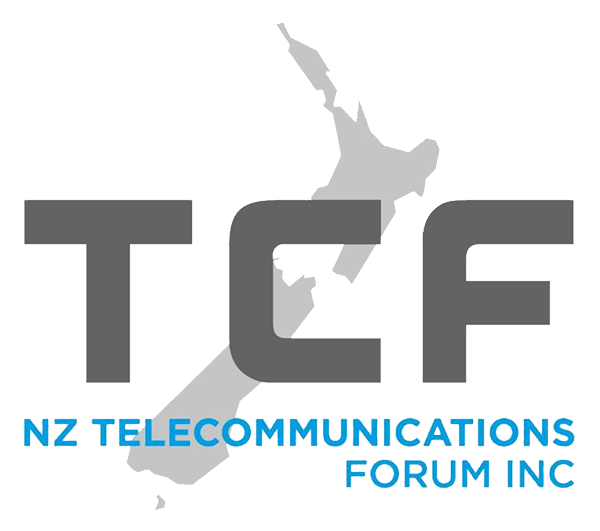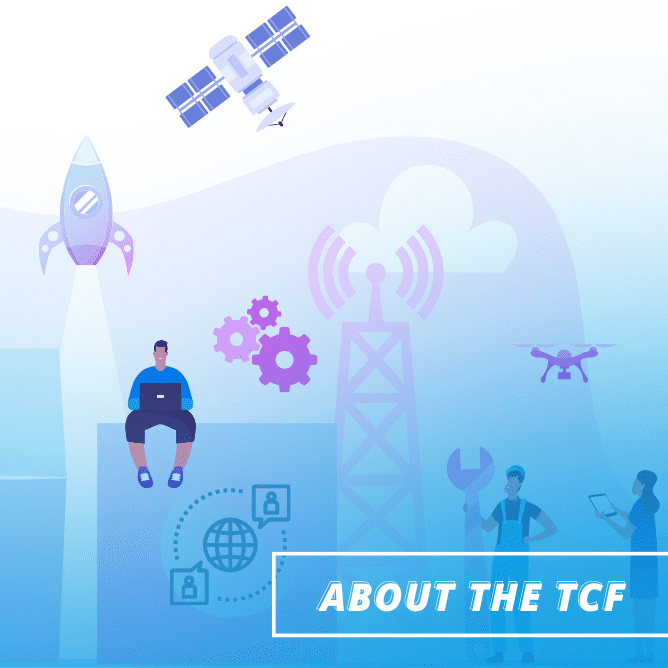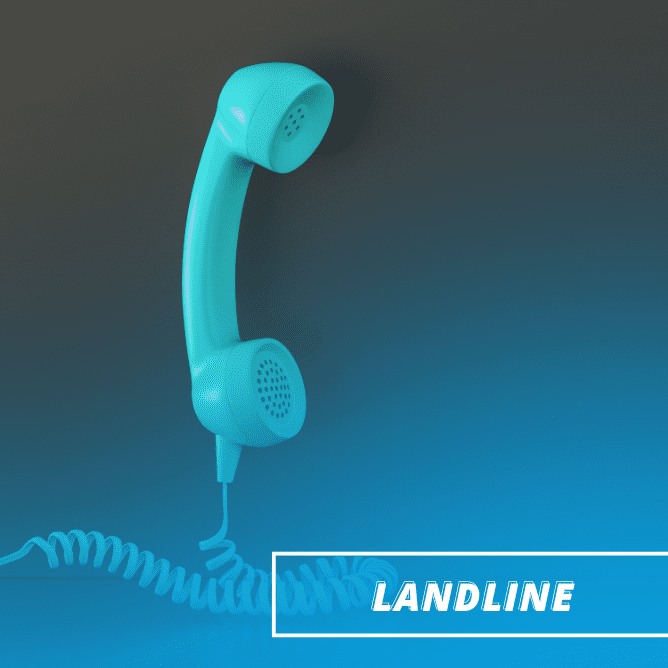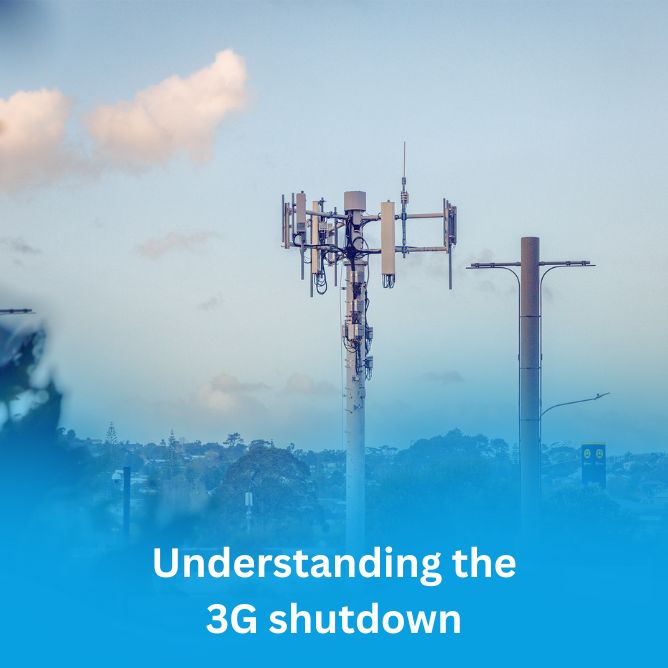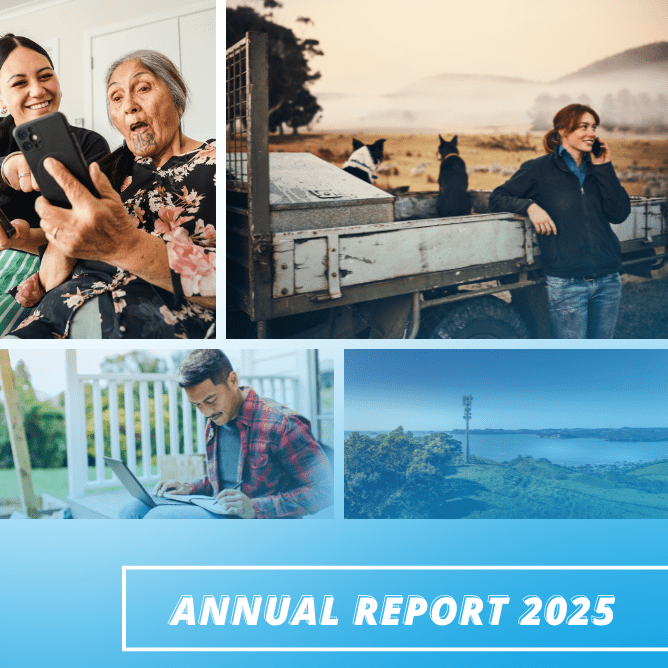Online scams (and spam) can be reported to various Government organisations or individual telecommunication providers depending on the type of scam it is. If you’re concerned about the immediate safety of you or someone else, call 111. You can also report harmful content to Netsafe here.
Reporting any suspicious activity directly to your telecommunications provider means they can investigate the matter and block the number if necessary. All scams should also be reported to Netsafe and the Department of Internal Affairs. Regardless as to whether it was an internet, phone or other type of scam, and regardless of whether or not you were tricked by the scam.
You can forward copies of any suspected fraudulent activity to DIA’s anti-spam number 7726 for free.
Learn more about how to do this here.
Scam reporting for telcos
It is helpful if you can provide your telecommunications provider with:
- Your name
- Your account number
- Your contact number
- The number you received the call on
- The number you received the call from (if this is available)
- The time and dates that the calls were received
- A description of what happened on the call
Where to report spam
The Department of Internal Affairs is responsible for investigating complaints about unsolicited commercial electronic messages, either via txt or email, commonly referred to as spam.
Download this document for more information.
Where to find more information
Check out the consumer protection website to take action and make sure you are reporting scam activity to the right place.
Large Scale Alerts – Advisory Information
CERT NZ issues warning about SMS blaster attacks – 09.08.24
CERT NZ have released a warning regarding SMS blaster attacks, where scammers are using technology that essentially pretends to be a cell tower and tricks nearby mobile phones to connect to it. The messages contain a link that leads to a fake website and mimic the four digit ‘short codes’ used by telcos, banks, and other organisations.
DIA warns scammers over ‘toll scam’ – 06.06.23
The Department of Internal Affairs is working closely with mobile network operators, police and other agencies to investigate and catch those responsible for the ‘NZTA toll’ phishing scam circulating since late 2022.
The penalties are severe and with those involved causing harm to their communities, the message is “Stop what you’re doing and hand yourself in”. Report suspected scammers by contacting info@antispam.govt.nz or contact Crime Stoppers anonymously on 0800 555 111.
Read the full press release here.
Whatsapp Voicemail Scams – 18.05.23
Some of our members have noted an increase in attempts by international hackers to gain access to customer voicemail accounts, which could be used to access apps like Whatsapp. The scammers may then use the messaging app with the intent of legitimising scam messages sent from abroad.
Learn more about how to stay safe online with more info on common types of scams and fraud here
Credit Card Scam Text Message Phishing Campaign – 10.03.23
New Zealanders are being targeted in a text message phishing campaign. The messages claim to be from various organisations, including NZTA, Apple, Uber, postal services and many others. The messages will claim the recipient has unpaid tolls or fees or otherwise needs to pay a small sum. They also contain a link that looks like a shortened URL.
Scammers change the language of these messages often, so be aware that they may change from the description above.
FluBot malware Infecting Android Phones – 04.10.21
A malicious app is being spread through text messages on Android phones and is currently affecting New Zealanders. The text messages vary. What we have seen so far are regarding: parcel delivery pending or been missed, with a link to a delivery service website, or that photos are being uploaded, or voicemail link.
If you have received the texts this does not mean your device has installed the malware.
Do not click on the link. If you do, it will ask you to install the application for the delivery service, which is actually a malicious app. The application attempts to steal your banking and credit card information as well your contact list, which it uploads to a server to continue spreading itself. Once a device has been infected with this malicious app it can result in significant financial loss.
Top tips if you think you have been scammed
1. Ignore the calls and caller’s instructions.
2. Do not provide any personal details at all including your name, your spouse or relative names, driver licence details, passport details, contact details, credit card details, bank details, or transfer of money over the phone or through Cryptocurrency (Bitcoin, Ethereum, Litecoin, Monero etc.) or gift vouchers or cards (iTunes etc.)
3. Scammers may use caller ID spoofing technology to mask the phone number the call is coming from, and display a different number. Calls that appear to be from a local number, or number that belongs to someone you know, may not be originating from New Zealand at all. If you receive a suspicious call from a local number, hang up, wait five minutes, then call the number back to check the validity of the request (this step does not provide 100 per cent guarantee as scammers may purchase NZ numbers and use them to funnel calls overseas, but provides good verification in case they are spoofing spouse/friend/relative or NZ government agency/company numbers).
4. If you think you may have shared credit card or bank details with a scammer, call your bank immediately. If you may have shared a password, change it along with any other accounts that use the same login information. It can also be worthwhile to scan your computer for viruses if a scammer may have accessed your computer.
5. Report any incidents of scam calls, including Wangiri calls, to your service provider. If you are the victim of a targeted scam where the callers have access to your personal information, also contact NZ Police or CERT NZ.
6. Switch off the device (phone or computer) if you’ve followed any instructions given by the scammer and take it to an authorised technician.
7. Change any passwords on a different device to the one that has been accessed by scammers.
